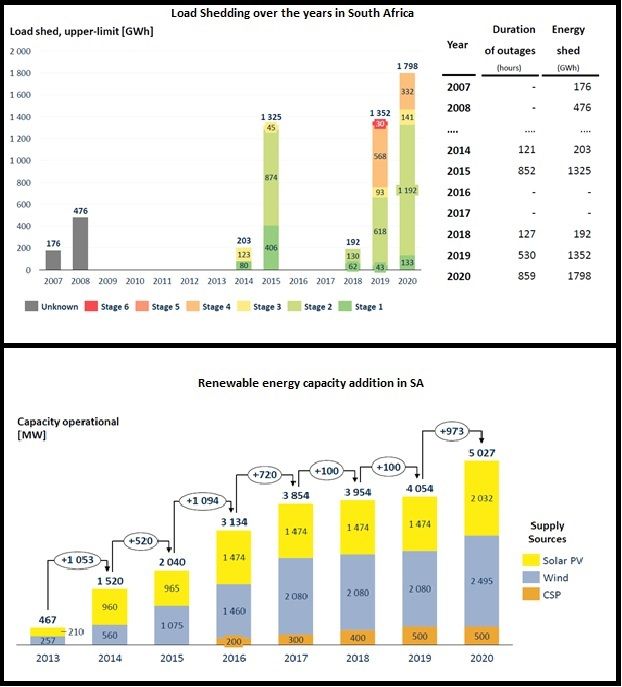South Africa increases embedded generation threshold limit to 100 MW: What does it mean for your business?
This move enhances the potential of private companies to support the country’s electricity demand through energy generation. The hitherto existing licensing exemption upto 1MW allowed for roof-top solar to dominate private energy generation. Due to constraints with space and #grid requirements, however, #electricity provided by rooftop solar is largely insufficient for large power consumers.
This new development allows private power producers like us to set up large #solar farms and supply power to multiple customers through the existing grid infrastructure at much lower tariffs. It will help meet the energy demand of not just large power consumers from industries like mining, food processing, agriculture, etc., but also small power consumers without adequate space within their premises for deploying solar.
Cosmic Clean Energy is developing large solar projects across South Africa. Our Solar PPA solutions are delivering cost-effective renewable energy to clients without any need for upfront investment.
Let us help your business save more through solar PPAs. Reach out to us today at info@cosmiccleanenergy.com. We look forward to hearing from you!










